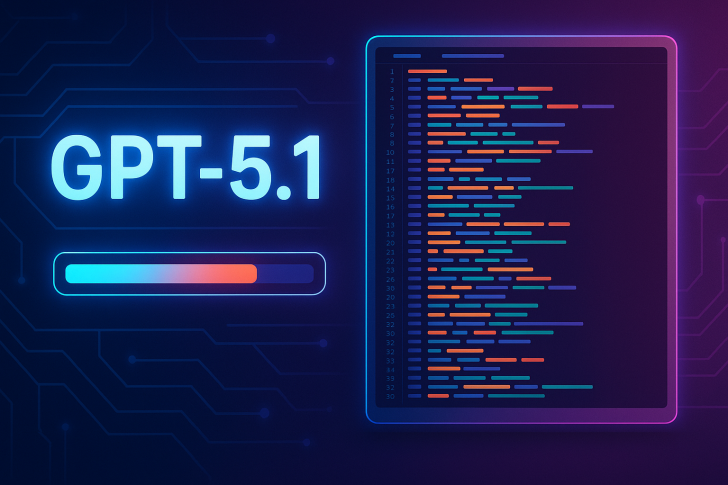⬤ OpenAI's GPT-5.1 is facing fresh scrutiny after a developer test exposed a major performance gap when handling a basic file-reading task. In one environment, the model took nearly two minutes to process a 500-line markdown document. But when the same file was run through a different setup, GPT-5.1 wrapped it up in just seconds—though it needed two separate tool calls to get there. The stark contrast has developers wondering what's really going on under the hood.
⬤ The slower run showed GPT-5.1 lagging noticeably with the markdown file, while the faster version proved the model can actually handle the content quickly when conditions are right. The test didn't spell out which specific platforms or interfaces were used, but the gap makes it clear that how you run GPT-5.1 matters just as much as the model itself. System-level factors seem to play a bigger role than expected in whether the model breezes through structured text or gets bogged down.
⬤ The developer threw in a skeptical jab about "Codex-love," questioning whether all the hype around AI coding capabilities holds up when performance can swing this wildly. The fact that the faster version still needed two tool calls "for whatever reason" adds another layer of uncertainty—nobody's quite sure if these differences point to something baked into the model or if it's just environmental quirks. Either way, it's got people in coding communities asking harder questions.
⬤ For developers banking on AI for their workflows, this kind of inconsistency is a real problem. When execution times vary this much across different setups, it makes it tougher to figure out whether GPT-5.1 is actually reliable enough for production use. As the conversation keeps going, performance stability is shaping up to be a dealbreaker for teams trying to decide if AI-driven coding tools are worth the investment.
 Usman Salis
Usman Salis

 Usman Salis
Usman Salis


